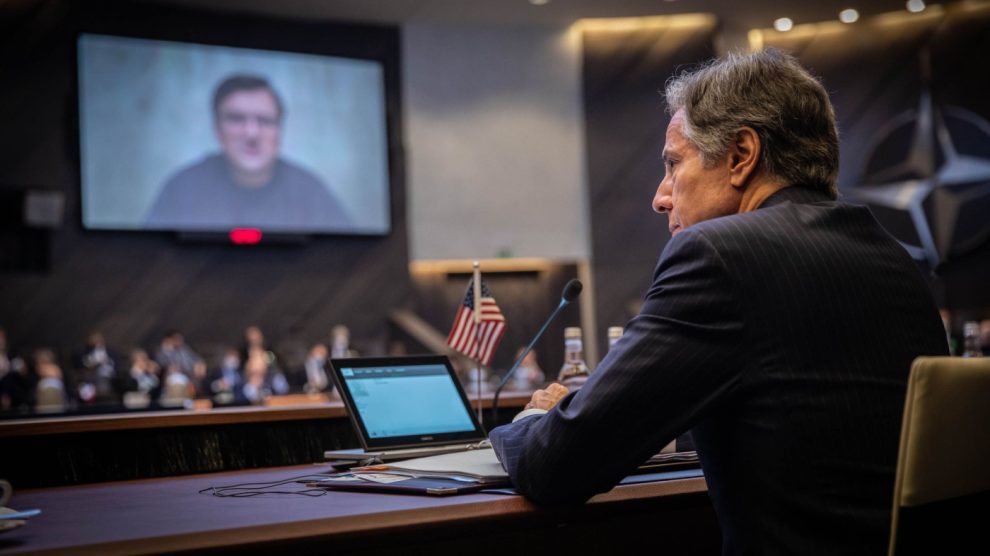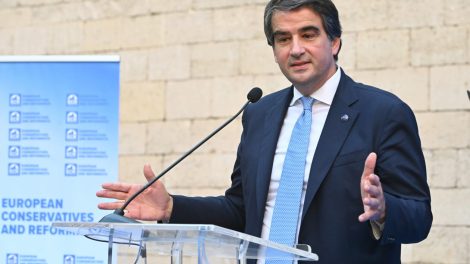On disinformation. “It’s vitally important” to tackle disinformation, said Lindsay Holst, Deputy Assistant Secretary of State for Digital Strategy in the Bureau of Global Public Affairs, in an exclusive interview with our sister site Formiche.net.
- “Everywhere we have voices that aren’t credible, that are sharing falsehoods, we need to have credible voices that share the truth. And we need to get extremely creative when considering how to do that. We need to consider where we are sharing it and through whose voice. We need to be careful not to reshare the lie and run the risk of spreading falsehood.”
- “The messenger is vitally important. If the United States government, for example, is not trusted by the group of people falling for the disinformation, we need to partner with credible voices.”
- These themes were also discussed at the Digital Diplomacy Series panel titled “GenZ, the News, and the World”, hosted by Mariangela Zappia, Italian Ambassador to the United States.
Here are some key extracts from the interview.
On private sector partnerships. “Private sector is a broad term for the sorts of partnerships we’re looking at. And this is about more than disinformation; it’s just about how to communicate in a modern way with people who might not already be inclined to follow. A specific person might want to follow the US Department of State on social media. And so, it’s not just obviously about the content we produce for our channels, but making sure we’re surfacing our message and our officials on the platforms and the channels where Gen Z, for instance, spends their time.”
On the State Department’s outreach. “Secretary [Antony Blinken] was recently in Bangkok for the APEC Leaders Summit. He spoke with two Thai and one American creator, collectively reaching more than 7 million people on YouTube alone. They speak about how language can connect us, the importance of studying abroad, technology, and women in tech. They posted to their channels, they produced their content, and their audience heard from the US State Department.”
- The Department “is a large government agency that does very serious work with implications on the lives of millions every day. So you constantly have to calibrate and balance the gravity of what we’re doing with the tactics we deploy. It’s really important to make our work approachable. We do this with the content we produce from our channels to make it more approachable, informal, less produced, and with a little more humour when it’s appropriate. Narrated by the younger folks on our staff who can peel back the layers of bureaucracy and make our presence more approachable.”
- In the past, the Department might have said something along the lines of “today, we had a bilateral meeting with the friend, here’s the readout, here’s what we talked about, here’s a photo. Now we might say what’s a bilat, why do we do them, why should you care. So it’s just this massive exercise in making policy, our vision, and our values in the world less opaque and more approachable.”
- “Diplomacy shouldn’t just be somebody with a lapel pin standing in front of a flag. We’re just so saturated with these images. And it behoves us in ways we might not even anticipate down the road to make our leaders human.”





